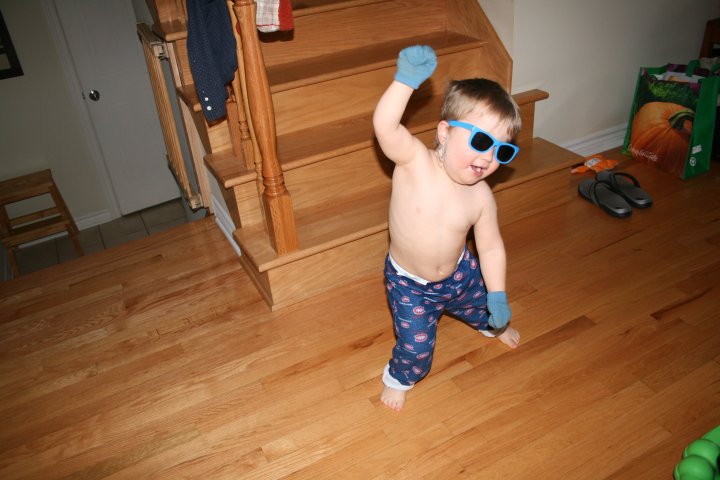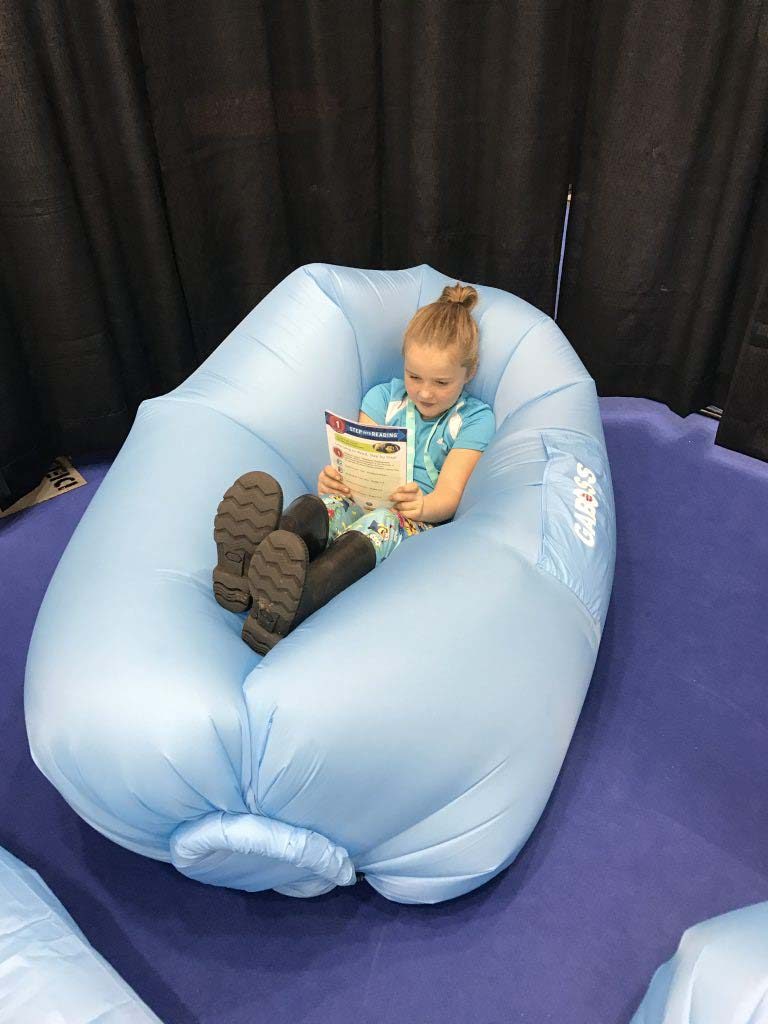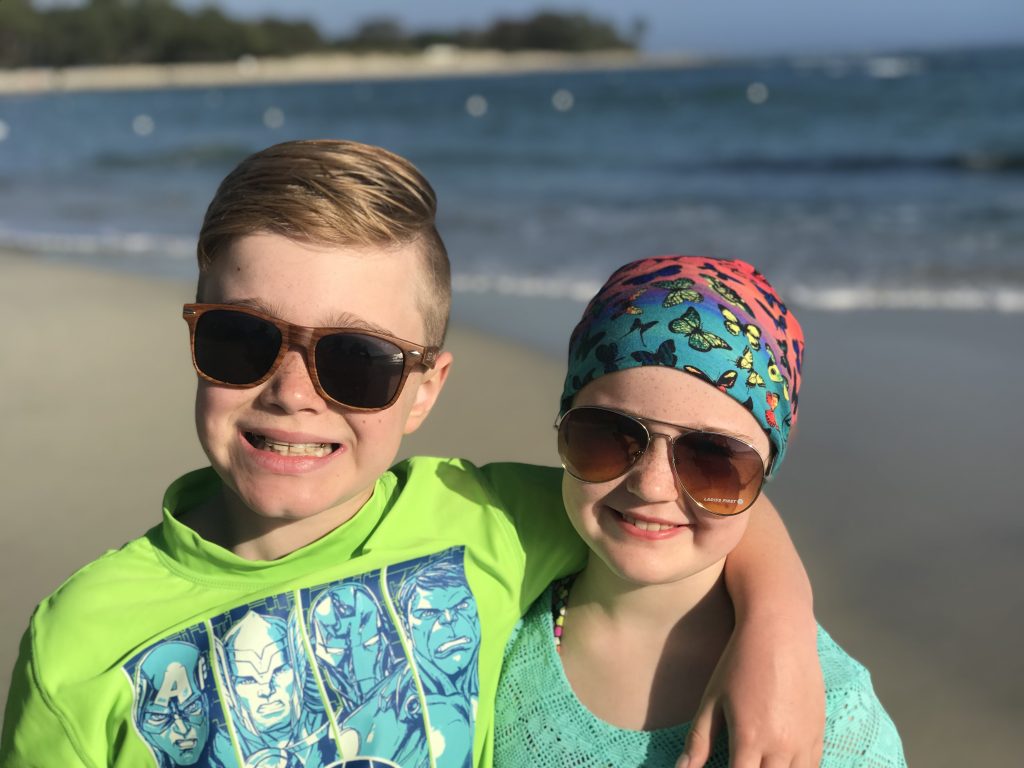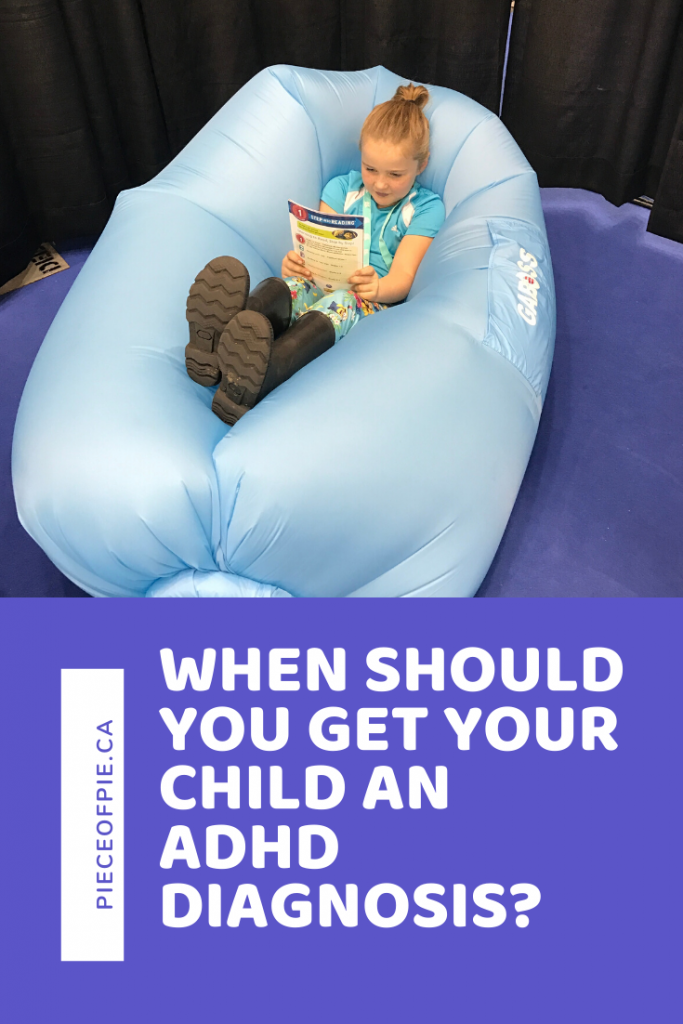My Off-the-Charts ADHD son
I just thought my son was a high energy child like his father. The difference being that when his father was a kid no one understood about ADHD. I question myself like many mothers do. Perhaps I wasn’t the best mom. Perhaps him being my first I was too lenient. And I thought for sure once he went to kindergarten having a more rigorous schedule would help. None of That was true. He started school and his energy probably grew more because he was being forced to sit in the chair and focus more.

We made it through kindergarten and in grade one I was in close contact with his teachers and it didn’t take much for me to understand that he was not able to function in a regular classroom. Or that the regular classroom was not suited to what he needed. Either way working with his teacher and the specialists at school and his pediatrician I took him to be tested for ADHD with a neuropsychologist. He did the testing, but could not offer an official diagnosis, because an ‘official’ diagnosis can only happens after a child has two years of schooling and that does not include kindergarten (guidelines suggested by American Academy of Pediatrics and & Canadian Pediatrics Society). They do this so that the child has time to adjust to school routines and so things like dyslexia, learning disabilities or other problems can be ruled out. It’s also difficult to obtain sound observations from non-parent observer.
Pre-School to 2nd grade ADHD Symptoms
- Trouble following directions like pick up your toys or brush your teeth.
- To be honest I thought he just didn’t like to brush his teeth.
- Has trouble remembering things he just learned.
- A good example was my son could never remember the days of the week (not just in order, but the day in any order, how to spell his name, or 1 + 1 = 2).
- Constantly talking while doing activities or watching TV/movie.
- This would drive friends and family crazy, especially when watching a movie… and he still does it today!
- Impulsively grabs at things without asking permission
- This is something teachers/datcare workers will likely notice more if he grabs their things or friends items. Or you may notice as he grabs EVERYTHING as he walks down an aisle of a store.
- Gets very upset, or has reactions that doesn’t fir the situation.
- This is still something my son is working on. He feels emotions with such intensity, it’s hard for him to process.
My Inattentive ADHD girl

ADHD Symptoms for Kids Grade 3 to 7
- Gets restless during field trips or outings they are not interested in.
- She was always so focused on behaving and could always find something to interest herself, this never happened.
- Puts off starting on tasks, whether it’s writing or putting clothes away
- This one is still a daily struggle for her!
- Goofs off in class to get attention.
- This happened a lot in grade one, but seemed to get better once we figured out it was a learning problem.
- Rushes through homework and turns in messy and careless mistakes.
- Honestly, she worked with resourced teachers since grade one and her writing was always very neat.
- Says or does things without thinking about the consequences.
- Again,she had none of the impulsivity of ADHD. She would always think things through, mostly because she always wanted to make sure she did whatever she was doing correctly.
- Works slowly and doesn’t finish quizzes or assignments in a reasonable amount of time.
- Her high intelligence makes her so competitive, she always takes the time to finish things, especially tests because she wants a good mark.
- Has trouble following directions. Anything with more than one step can throw them off.
- YES! A thousand times yes!
It was only later and has more studies were done that we came to realize that inattentive ADHD (ADD) is more common in girls than it is boys. Due to the fact that they don’t do not have the impulsivity and hyperactivity of ADHD makes it harder to diagnose ADHD.

ADHD Symptoms in Teens
In case you were wondering what the symptoms for diagnosing older kids … here they are. For those of you with young children with ADHD, it’s really a roadmap for what to expect as they grow… or at least my ADHD teen is following with pretty much all of the symptoms!
ADHD symptoms in Teens:
- Trouble prioritizing tasks and completing what is important.
- Needs to review content multiple times to truly understand it. That includes asking teachers to repeat what they have said and re-reading assignments.
- They still find it difficult to stay focused on any tasks that don’t interest them.
- “Spaces out” when listening to the teacher’s lesson or doing assigned reading
- Impulsivity leads to risky behavior without any regard to the consequences on them or those their actions may affect.
- Forgets to write down assignments, deadlines, work responsibilities, etc. Yepp, still putting off getting things done in a timely manner.
- Has a hard time making friends. This one is written down as teens, but if your the mom of an ADHD Kid, you know they struggle with it their entire life.
So When Do You Diagnosis Your Kid for ADHD?









